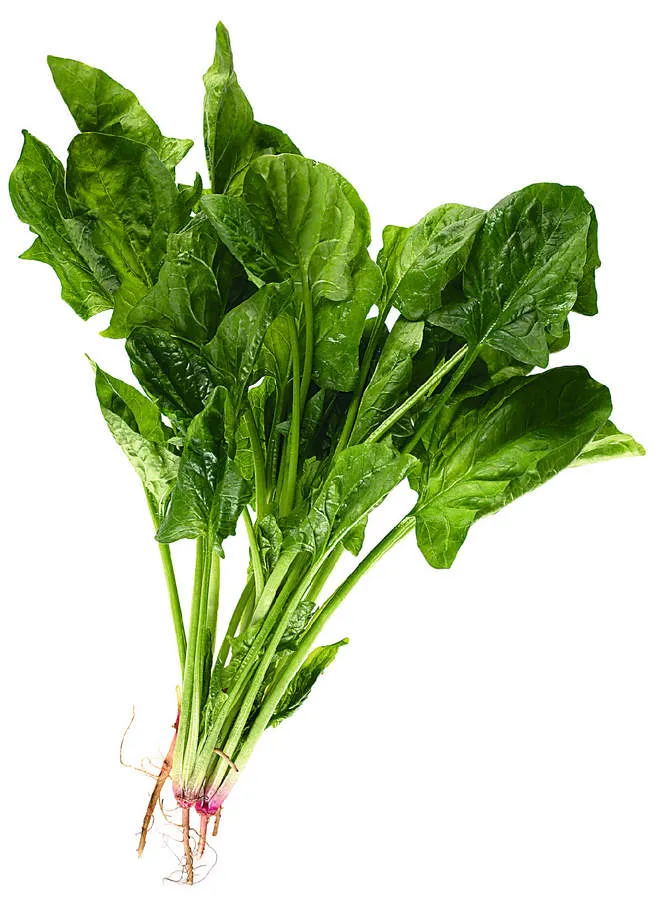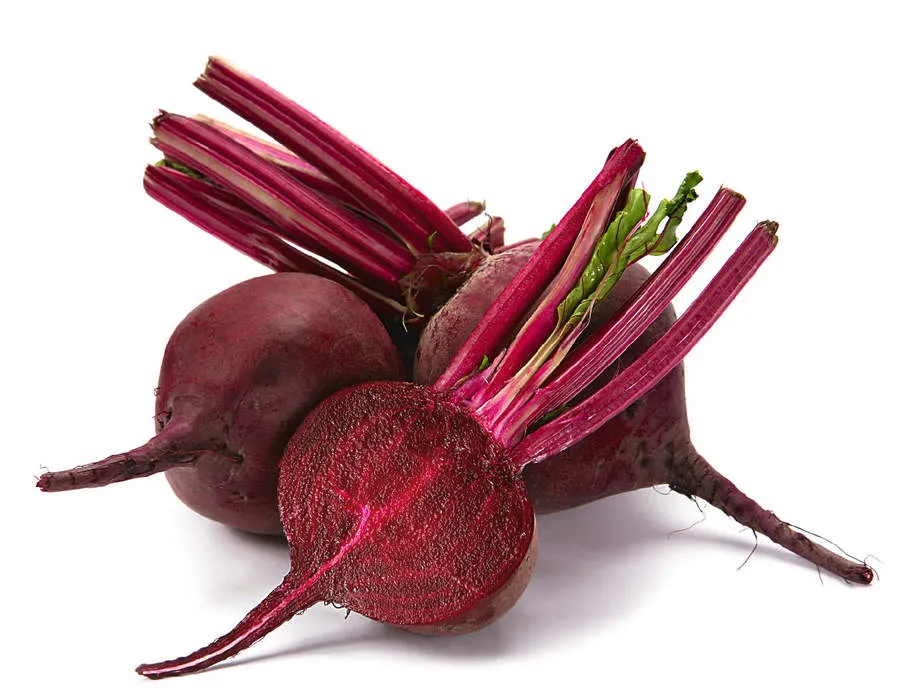Reports in the press have highlighted research into the effects of beetroot juice on endurance performance. Could it really help you become a faster cyclist, or are the findings hard to stomach?
The test
A recent research paper (Bailey et al. 2009, published in the Journal of Applied Physiology) investigated the effects of beetroot juice on performance.
Researchers took eight recreationally active males and, in a double blind placebo-controlled crossover study, asked them to drink 0.5l of beetroot or blackcurrant juice every day for six days.
The test subjects were asked to refrain from foods high in nitrates during this time. At the end of the six days they were asked to perform a ride to exhaustion at a 'severe' intensity.
The result
The beetroot-drinking participants were able to exercise for 11 minutes 25 seconds, which was 92 seconds longer than those who had drunk blackcurrant juice.
The researchers also investigated some of the reasons for this potential improvement. They found that when the subjects exercised at a moderate intensity, the amount of oxygen they used was decreased by 19 percent with beetroot juice. This is quite a remarkable finding, as it’s something that is very hard to change, even with training.
How it works
The suggested reason for the increased time to fatigue and decrease in oxygen use is that beetroot juice contains nitrate, which can be used to synthesise nitric oxide in the body. Nitric oxide plays a number of key roles, in particular allowing your blood capillaries to open up and increase blood flow through your muscles. It is also important in making your muscles more efficient at using oxygen.
As with all research, there are some possible confounding factors in the study. For one, there is no measurement of the normal nitrate intake of participants. This is important because they were all asked to refrain from eating high nitrate foods. So the research could actually be showing that removing nitrates from the diet decreases performance rather than the other way around. Without a control or baseline trial it is difficult to prove that this is not the case.
Our experience
BikeRadar editor Jeff Jones and What Mountain Bike art editor Robin Coomber put beetroot juice to the test. Here's how they fared...

Jeff Jones: "I struggled to drink 500ml per day so I drank 250ml and ate beetroot sandwiches instead, on top of my normal veggie rich diet. I lasted four days and then I raced a 10 mile time trial. I wasn’t any faster and my power output was the same as normal.
"At £2.75 per 500ml for the Biotta juice I tried, it’s not cheap either. Still, I think it’s worth a go, and I'm prepared to trial it for a couple of weeks with the more palatable Beet It juice."
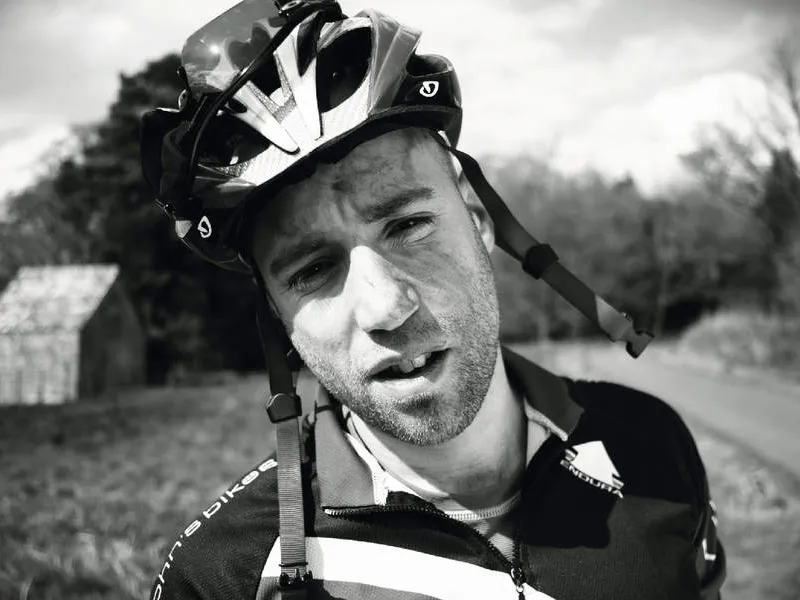
Robin Coomber: "I could only drink 250ml per day because it was so disgusting. It tasted like a cross between fresh mud and Chinese medicine. I felt sick and even my sweat (among other things) was red. I only lasted five days. I think I’m better off with a balanced, healthy diet instead."
The verdict
The research highlights the general importance of eating foods high in nitrates. As usual, you can find these by eating a well-balanced diet with plenty of fruit and vegetables, and making a few informed food choices, such as looking for foods with high nitrate content.
There are several other studies underway which will hopefully yield more answers, but at the moment it is unclear whether supplementing your diet with beetroot juice will improve your cycling performances – so don’t give up the training just yet!
What other foods are sources of nitrate?
Very low nitrate: Water melon, artichoke, onion, potato, tomato
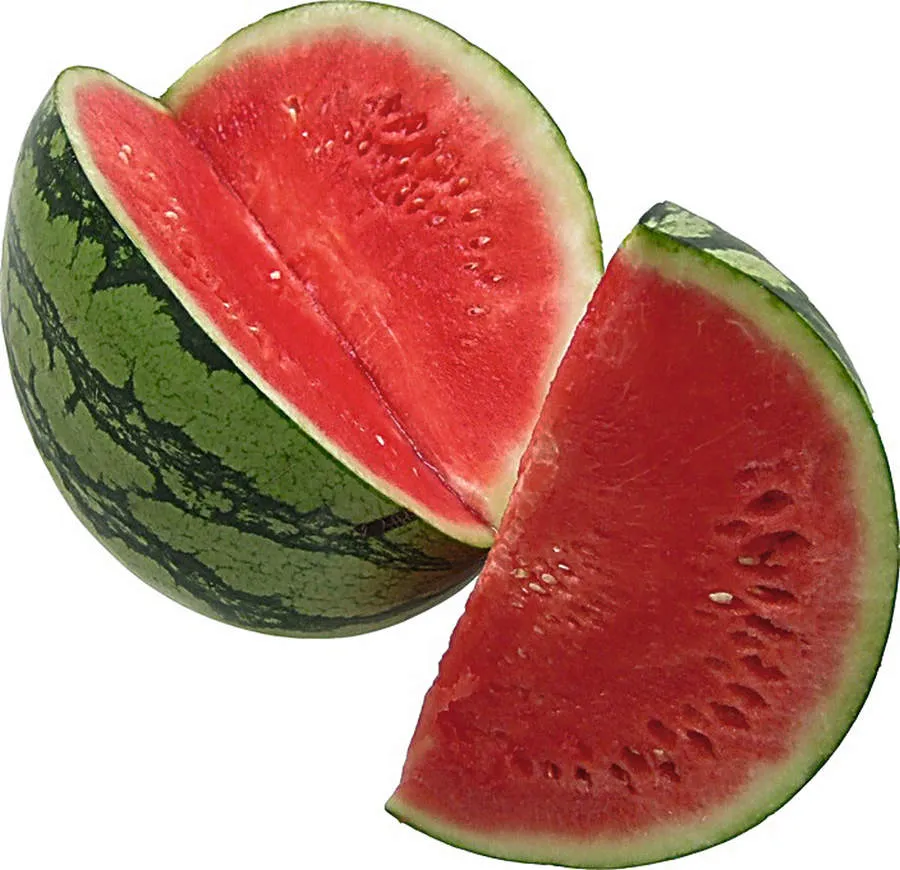
Moderate nitrate: Cabbage, dill, turnip, celeriac, leek
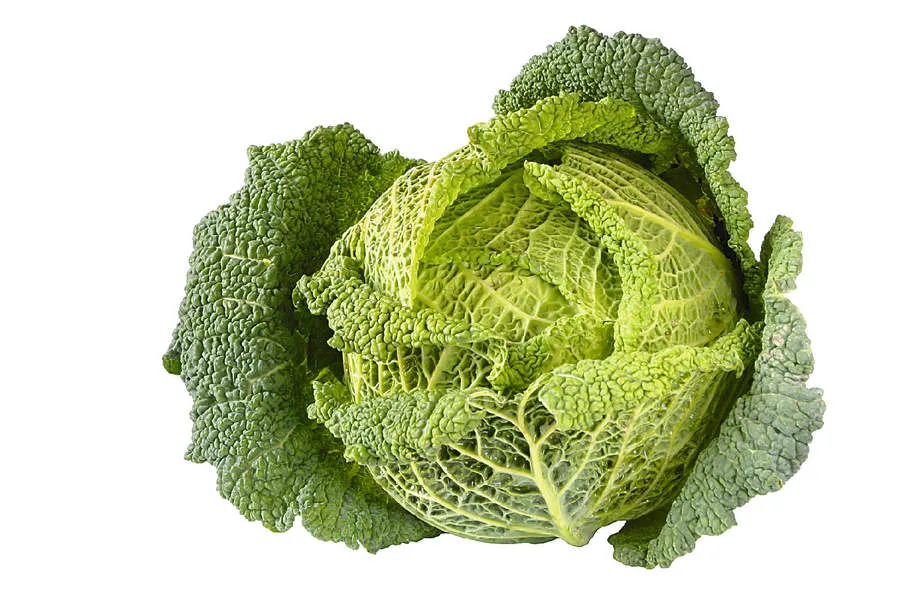
Very high nitrate: Rocket, celery, cress, chervil, lettuce, spinach
